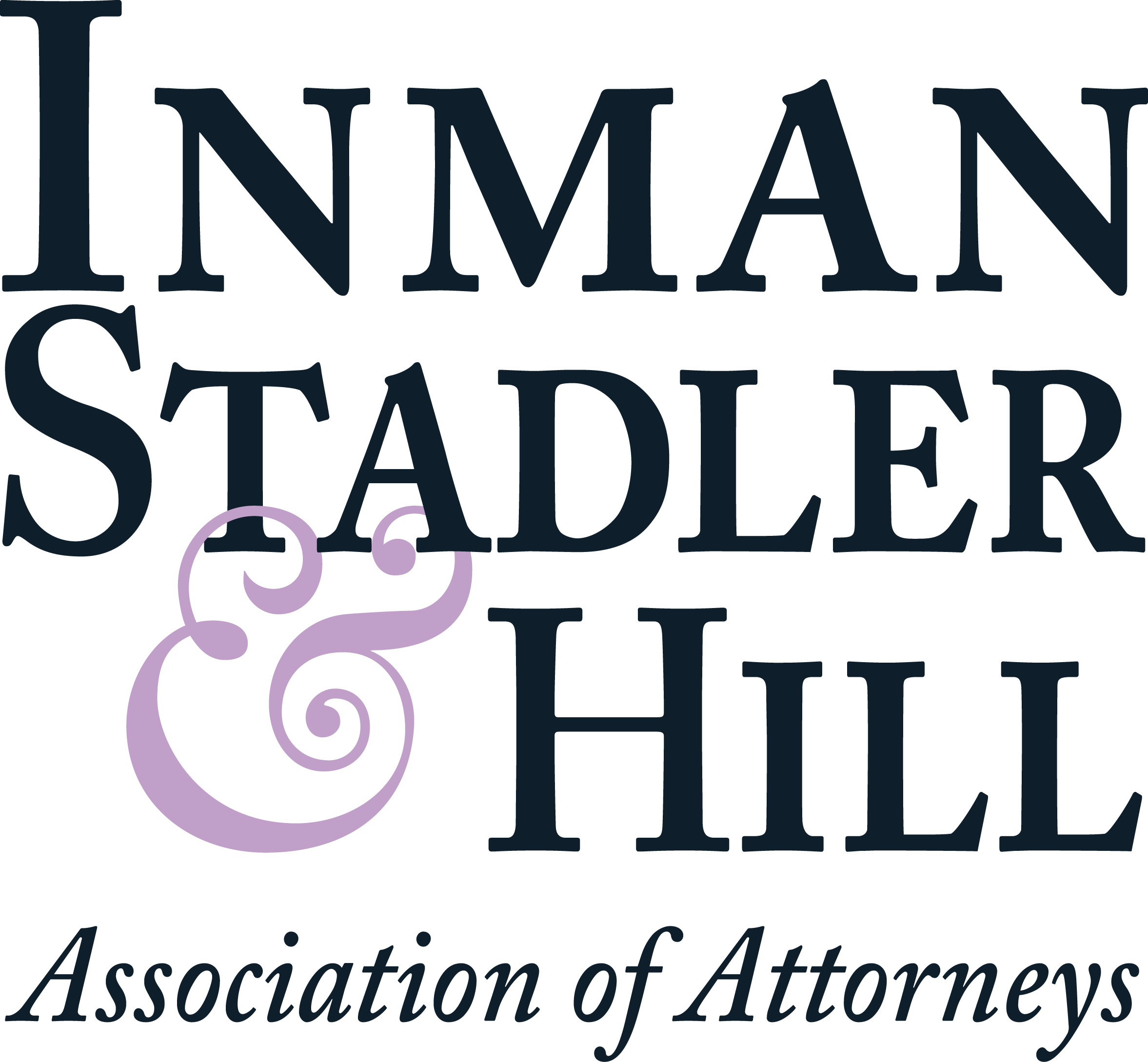If you’re confused about wills and estate planning, you aren’t alone. Many people put off creating wills and estate plans for years or even decades because they’re unsure about how to start or worried about making a mistake.
And unfortunately, their loved ones often end up fighting legal battles and paying large sums of money in taxes—both of which could have been prevented had a will or estate plan been established.
At Inman, Stadler & Hill, our Tennessee estate planning lawyers know that many people are unfamiliar with the process of ensuring their wishes are carried out and their assets are distributed as they intend after they pass away.
That’s why we’ve created this FAQ to address some of the most common questions we get from our clients about wills and estates.
1. I don’t have a lot of money, assets, or property. Do I need a will or an estate plan?
Yes! People often think wills and estate plans are only for people with significant amounts of money and assets to divvy up among their heirs. But if you have a positive net worth, your money and assets need to go somewhere after you pass away, and unless you have a will, they may not go where you want them to go. In addition, an estate plan can also include directions for things like power of attorney and healthcare directives if you become incapacitated and can’t make decisions for yourself.
2. Do I need an attorney to write my will or create my estate plan for me?
There are many software programs and online apps that allow people to create their own wills and estate plans. And while these programs and apps may fulfill the need of making a will or estate legal in the eyes of the law after a person passes away, they can’t replace the one-on-one interaction with an estate planning attorney. When you have an attorney helping you write your will or create your estate plan, you get peace of mind knowing that nothing is being left out and that any questions or concerns you have are addressed right away by lawyers with years of experience.
3. What is probate and how can I avoid it?
There’s a good chance you’ve heard of probate, especially if you know others whose loved ones passed away with assets in their name that needed to be distributed to family members. As defined by the American Bar Association, “probate is the formal legal process that gives recognition to a will and appoints the executor or personal representative who will administer the estate and distribute assets to indented beneficiaries.” By having a living trust, which is part of an estate plan, you can avoid probate, making things much easier on your loved ones after you pass away.
4. Can I change my will after it’s finalized?
Yes! Many people are reluctant to create wills when they’re relatively young and in good health because they’re afraid of “locking in” certain aspects of their assets and money when there’s a good chance their circumstances will change over the coming years. There are two common options for changing a will. First, you can change it with a codicil, which is a legal document that directs any modifications or amendments you want made to your will. A more common way of changing your will is to revoke your original will and create a new one with updated information and directions.
5. Can my will get challenged by family members after I pass away?
It’s possible for some wills to be challenged during the probate process. However, not everyone can challenge one (and when they can, it must be for a specific reason). For example, a surviving family member can’t challenge a will simply because they think they aren’t being left enough money or assets. Most commonly, wills are challenged when they are unclear. When your wishes are clearly and plainly spelled out concerning all of your assets and property, your will is unlikely to be successfully challenged by anyone, regardless of their relation to you. This is another reason why it’s important to have an experienced Tennessee estate lawyer prepare your will and/or estate plan.
We Want to Help You Create Your Will or Estate Plan
The only thing worse than not having a will or estate plan when you pass away is having a will or estate plan that’s incomplete, rushed, or unclear. Don’t trust software programs or online applications to give you the nuance, knowledge, and experience that estate planning lawyers can provide.
You and your loved ones deserve peace of mind, and we want to help you get it. Contact the Tennessee estate planning attorneys at Inman, Stadler & Hill today for a consultation.


